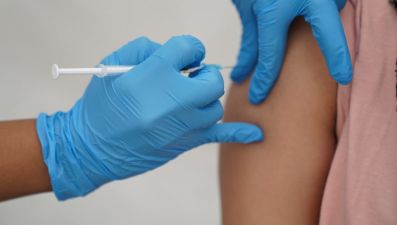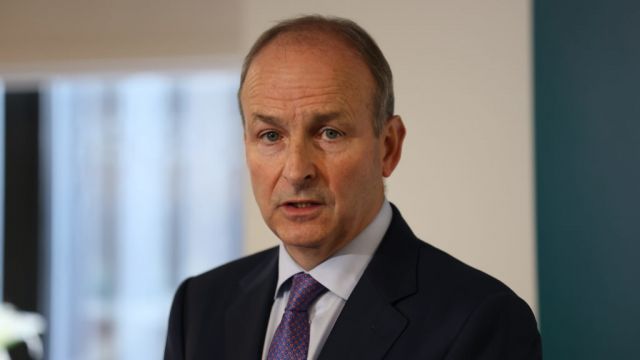Ireland is to be hit by a “frightening” wave of delayed cancer diagnoses next year and, in some cases, it will be too late for medicine, Taoiseach Micheál Martin has warned.
According to the Irish Examiner, Mr Martin told a private Fianna Fáil meeting that medical experts have warned him of “dramatically increasing cancers because of delayed diagnoses” linked to the impact of Covid-19 on the health service.
During the first wave of Covid, from March to May 2020 – a time of strict limits on travel and gathering when many people cocooned – there was a significant drop in the number of people presenting to doctors with concerns about cancer.
While this was in line with international experiences, Mr Martin told party members the warnings from the medical profession.
"What they told us was sobering. All over Europe, this is being seen, and it is going to hit us in the next year. Delayed diagnoses, too late for medicine, it was quite frightening."
The Taoiseach’s comments come as new figures reveal that monthly cancer referrals from GPs are up by as much as 52 per cent compared to 2019, the last full year before the pandemic hit.
The data, released by Minister for Health Stephen Donnelly to Áontu's Peadar Tóibín, reveals that from January to August this year, GP cancer e-referrals to rapid access clinics are at 136.5 per cent of 2019 activity. In August, this figure reached 152.8 per cent.

Mr Donnelly said the number of cancers diagnosed in Rapid Access Clinics from January to July this year was 3,431 – 95.6 per cent of the figure in 2019 for the same period.
A study by the Royal College of Physicians of Ireland said the number of reported cancer resections – the process of cutting out tissue or part of an organ – in 2020 was 96 per cent of 2019 figures.
A 4 per cent reduction in activity equates to 740 fewer cancer resections, leading to concerns that these cancers went untreated.
Mr Donnelly stressed that urgent cancer services were maintained throughout the pandemic, with the Department of Health and the National Cancer Control Programme systemically studying the impact of Covid-19 through data monitoring and monthly review meetings.







